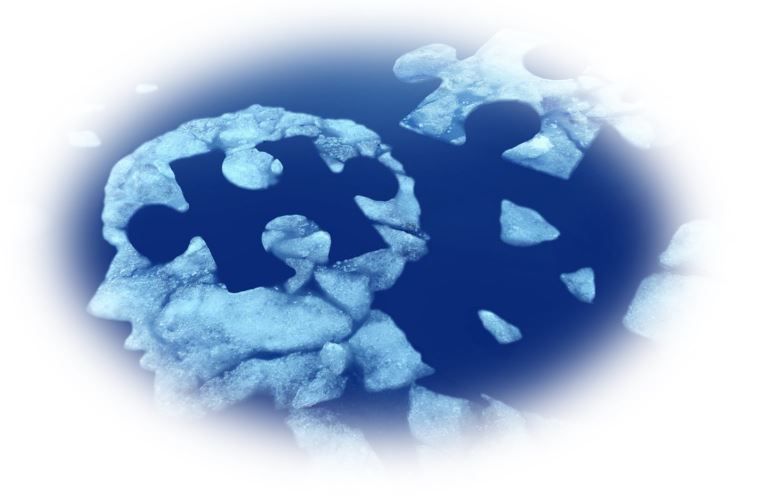Growth Hormone Testing after TBI: Is GHST Required?
Pituitary dysfunction secondary to traumatic brain injury is receiving increased scrutiny and GHD is the most common isolated deficit. Which test to use?
©Lightspring/Shutterstock.com

Serum insulin-like growth factor 1 (IGF-1) measured at baseline is not a useful predictor of growth hormone deficiency (GHD) in adults who have experienced traumatic brain injuries, according to a recent study.
Neuroendocrine disorders such as adult growth hormone deficiency (AGHD) are becoming increasingly recognized after a traumatic brain injury (TBI), but diagnostic tools like the insulin tolerance test (ITT) and glucagon stimulation test (GST) may not always be feasible for growth hormone stimulation testing (GHST).
“Our findings add to a growing body of literature documenting pituitary dysfunction secondary to sport-related concussion,” stated author Kirstie Lithgow, BSc, MD, and her colleagues in their study. “This can present with isolated or multiple pituitary hormone deficits, with GHD being the most common isolated deficit.”
Adults with GHD are defined as individuals with either a congenital growth hormone deficiency transitioning to adulthood or developing the condition spontaneously or through trauma. In addition to idiopathic and congenital causes, adult growth hormone deficiency AGHD can be caused by factors such as radiation, pituitary surgery, autoimmune disease, inflammation, and pituitary tumors.
The warning signs of AGHD are diverse, spanning both physical and psychological symptoms, and can include:
- Weight gain
- Problems sleeping
- Fatigue and lack of energy
- Muscle fatigue
- Decreased sexual desire
- Shyness
- Depression, nervousness, and anxiety
- Feelings of hopelessness
- Withdrawal
Next: Is IGF-1 testing enough?
Is IGF-1 testing enough?
Biochemical testing may identify further symptoms such as increased LDL cholesterol, atherosclerosis, lipid imbalance, metabolic syndrome and lower sensitivity to insulin. Prior to testing, patients have reported they often feel overlooked and even misdiagnosed-in a 2017 advisory panel of 9 patient advisors for AGHD at the European Congress of Endocrinology, all advisors said they were initially diagnosed with depression and treated with antidepressants while their symptoms went unrecognized for years. The panel identified a “major need for more education, awareness, and resources for AGHD patients as well as physicians to improve their care.”
“Due to the subtle and non-specific nature of these symptoms, as well as the potential overlap with neurologic and psychiatric sequelae of TBI, biochemical testing is crucial in making the diagnosis of GHD,” Dr. Lithgow and colleagues wrote. As previous studies had indicated a negative predictive value between low serum IGF-1 and AGHD, the investigators set out to determine whether IGF-1 alone could detect GHD in patients with mild, moderate, and severe TBI as well as non-traumatic brain injuries.
...the investigators set out to determine whether IGF-1 alone could detect GHD in patients with mild, moderate, and severe TBI as well as non-traumatic brain injuries.
The investigators evaluated 64 patient charts and found 27 patients had peak human growth hormone of <5 μg/L, indicative of GHD. However, after they underwent GHST, all patients in the study with GHD had appropriate IGF-1 levels for their age and gender. “All but one patient had normal IGF-1 levels, and the single patient with low IGF-1 level tested negative for growth hormone deficiency with a peak GH of 50.2 μg/L,” the investigators wrote.
“Individual measurement of IGF-1 levels and interpretation of the results according to method-specific reference ranges is ineffective to screen for GH deficiency in patients with TBI,” Dr. Lithgow and colleagues wrote. “Sport-related concussion, not just repetitive SRC of any nature appears to be a risk factor for subsequent GHD.”
Lithgow K, Chin A, Debert CT, Kline GA. Utility of serum IGF-1 for diagnosis of growth hormone deficiency following traumatic brain injury and sport-related concussion. BMC Endocrine Dis. 2018;18:20. doi.org/10.1186/s12902-018-0247-1